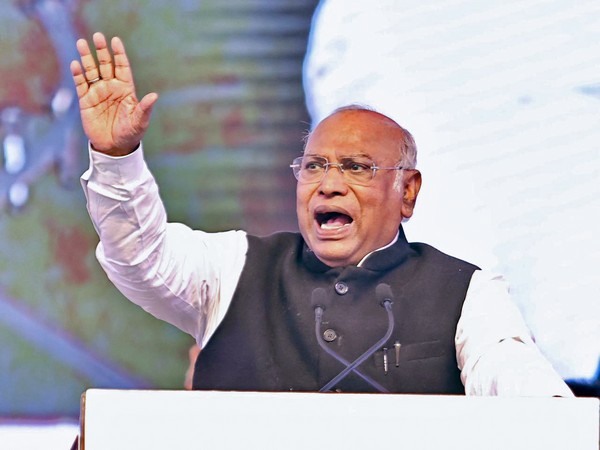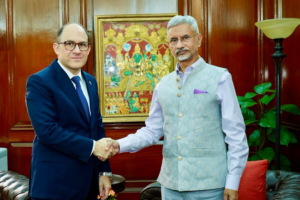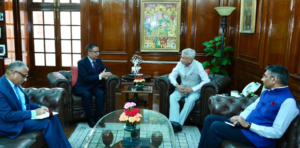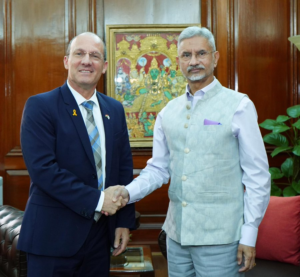“No control on looting by Modi government”: Congress Chief slams centre over prices of crude oil
New Delhi [India], January 4 (ANI): Congress President Mallikarjun Kharge hit out at the Union government on Thursday for not reducing the prices of petrol and diesel even when crude oil prices were falling globally, saying that there is ‘no control on the looting’ of Centre.

In a post on X, the Congress chief claimed that oil companies in the country are earning Rs 8 to Rs 10 profit from the public on every litre of petrol and Rs 3 to Rs 4 profit on diesel.
“Crude oil prices are falling, but there is no control on the looting of the Modi government. Modi ji’s ministers themselves are saying that ‘there has been no talk with oil companies about reducing prices’. Oil companies are earning Rs 8 to Rs 10 profit from the public on every litre of petrol and Rs 3 to Rs 4 profit on diesel,” he said in his post in Hindi.
Kharge also put out a chart, which said crude oil has reduced by 31 per cent in 19 months but the minister says there will be no reduction in the prices of petrol and diesel.
“The country is looking for an account of lowest ‘public savings’ in 50 years, …in BJP’s false speeches of ‘Acche Din’ and their hollow advertisements,” Kharge added.
The Congress party also took on the Union government over reports that the Centre was looking into notifying the rules of the Citzenship Ammendment Act (CAA). The CAA when it was proposed has seen widespread protests.
“The Modi government bulldozed the contentious Citizenship Amendment Act in Parliament in December 2019. Rules to make the law operational should have been in place according to Parliamentary procedures within six months. But nine extensions were sought and given. Now we are informed that the Rules will be notified before the Lok Sabha elections. So it is clear that it was always meant as a weapon to polarise the voters just before elections” Congress Rajya Sabha MP Jairam Ramesh said.
Congress MP Manish Tewari said, “Well, the fundamental question is that the constitution of India by its very design is secular in nature. Secularism is a part of the preamble of the Indian Constitution. Under those circumstances, how can citizenship, whether territorial or extraterritorial be based upon religion? This is a fundamental issue, which I had raised when I led the debate on behalf of the opposition benches, against the citizens’ amendment bill… the Citizenship Act is very clear as to how a person becomes a citizen of India. And therefore, under those circumstances, till the time, the Supreme Court, does not decide this question. The implementation of the Citizenship Act would be completely constitutionally immoral.”






